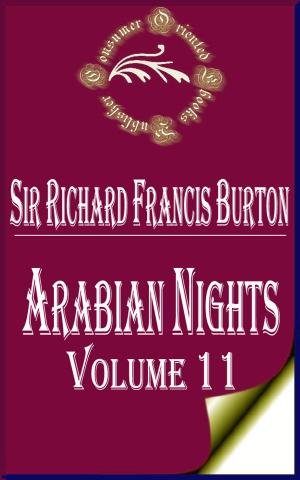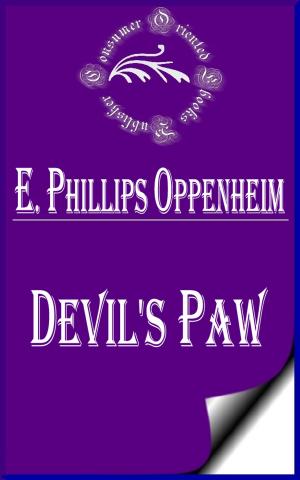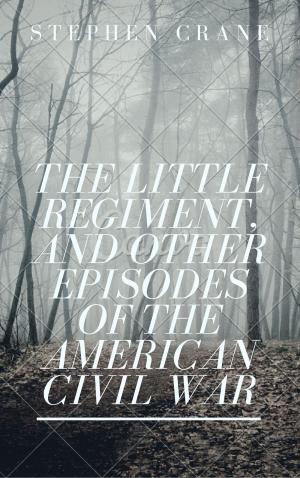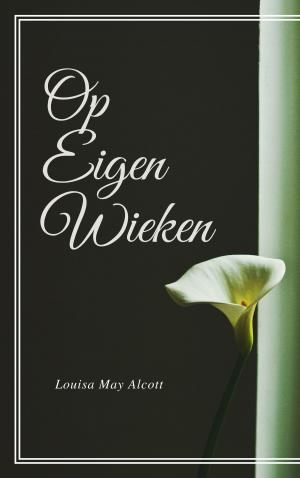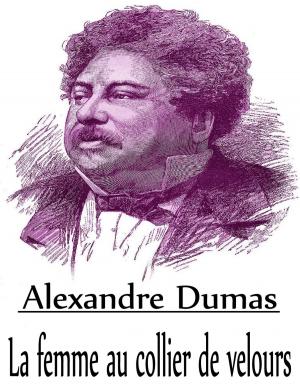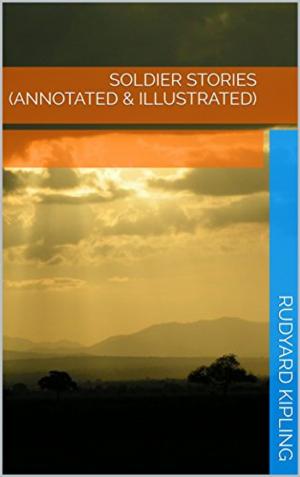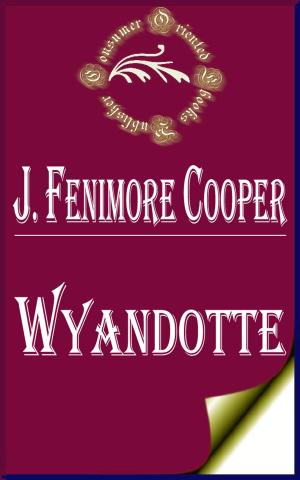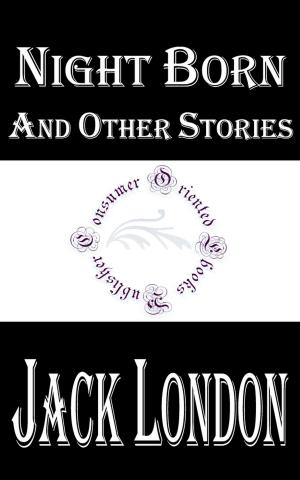Shakespeare, Bacon, and the Great Unknown (Annotated)
Nonfiction, Entertainment, Drama, Shakespeare, Fiction & Literature, Literary Theory & Criticism| Author: | Andrew Lang | ISBN: | 1230000249132 |
| Publisher: | Consumer Oriented Ebooks Publisher | Publication: | June 30, 2014 |
| Imprint: | Language: | English |
| Author: | Andrew Lang |
| ISBN: | 1230000249132 |
| Publisher: | Consumer Oriented Ebooks Publisher |
| Publication: | June 30, 2014 |
| Imprint: | |
| Language: | English |
*This Book is annotated (it contains a detailed biography of the author).
*An active Table of Contents has been added by the publisher for a better customer experience.
*This book has been checked and corrected for spelling errors.
The theory that Francis Bacon was, in the main, the author of “Shakespeare’s plays,” has now been for fifty years before the learned world. Its advocates have met with less support than they had reason to expect. Their methods, their logic, and their hypotheses closely resemble those applied by many British and foreign scholars to Homer; and by critics of the very Highest School to Holy Writ. Yet the Baconian theory is universally rejected in England by the professors and historians of English literature; and generally by students who have no profession save that of Letters. The Baconians, however, do not lack the countenance and assistance of highly distinguished persons, whose names are famous where those of mere men of letters are unknown; and in circles where the title of “Professor” is not duly respected.
The partisans of Bacon aver (or one of them avers) that “Lord Penzance, Lord Beaconsfield, Lord Palmerston, Judge Webb, Judge Holmes (of Kentucky, U.S.), Prince Bismarck, John Bright, and innumerable most thoughtful scholars eminent in many walks of life, and especially in the legal profession . . . ” have been Baconians, or, at least, opposed to Will Shakspere’s authorship. To these names of scholars I must add that of my late friend, Samuel Clemens, D.Litt. of Oxford; better known to many as Mark Twain. Dr. Clemens was, indeed, no mean literary critic; witness his epoch-making study of Prof. Dowden’s Life of Shelley, while his researches into the biography of Jeanne d’Arc were most conscientious.
With the deepest respect for the political wisdom and literary taste of Lord Palmerston, Prince Bismarck, Lord Beaconsfield, and the late Mr. John Bright; and with every desire to humble myself before the judicial verdicts of Judges Holmes, Webb, and Lord Penzance; with sincere admiration of my late friend, Dr. Clemens, I cannot regard them as, in the first place and professionally, trained students of literary history.
*This Book is annotated (it contains a detailed biography of the author).
*An active Table of Contents has been added by the publisher for a better customer experience.
*This book has been checked and corrected for spelling errors.
The theory that Francis Bacon was, in the main, the author of “Shakespeare’s plays,” has now been for fifty years before the learned world. Its advocates have met with less support than they had reason to expect. Their methods, their logic, and their hypotheses closely resemble those applied by many British and foreign scholars to Homer; and by critics of the very Highest School to Holy Writ. Yet the Baconian theory is universally rejected in England by the professors and historians of English literature; and generally by students who have no profession save that of Letters. The Baconians, however, do not lack the countenance and assistance of highly distinguished persons, whose names are famous where those of mere men of letters are unknown; and in circles where the title of “Professor” is not duly respected.
The partisans of Bacon aver (or one of them avers) that “Lord Penzance, Lord Beaconsfield, Lord Palmerston, Judge Webb, Judge Holmes (of Kentucky, U.S.), Prince Bismarck, John Bright, and innumerable most thoughtful scholars eminent in many walks of life, and especially in the legal profession . . . ” have been Baconians, or, at least, opposed to Will Shakspere’s authorship. To these names of scholars I must add that of my late friend, Samuel Clemens, D.Litt. of Oxford; better known to many as Mark Twain. Dr. Clemens was, indeed, no mean literary critic; witness his epoch-making study of Prof. Dowden’s Life of Shelley, while his researches into the biography of Jeanne d’Arc were most conscientious.
With the deepest respect for the political wisdom and literary taste of Lord Palmerston, Prince Bismarck, Lord Beaconsfield, and the late Mr. John Bright; and with every desire to humble myself before the judicial verdicts of Judges Holmes, Webb, and Lord Penzance; with sincere admiration of my late friend, Dr. Clemens, I cannot regard them as, in the first place and professionally, trained students of literary history.




